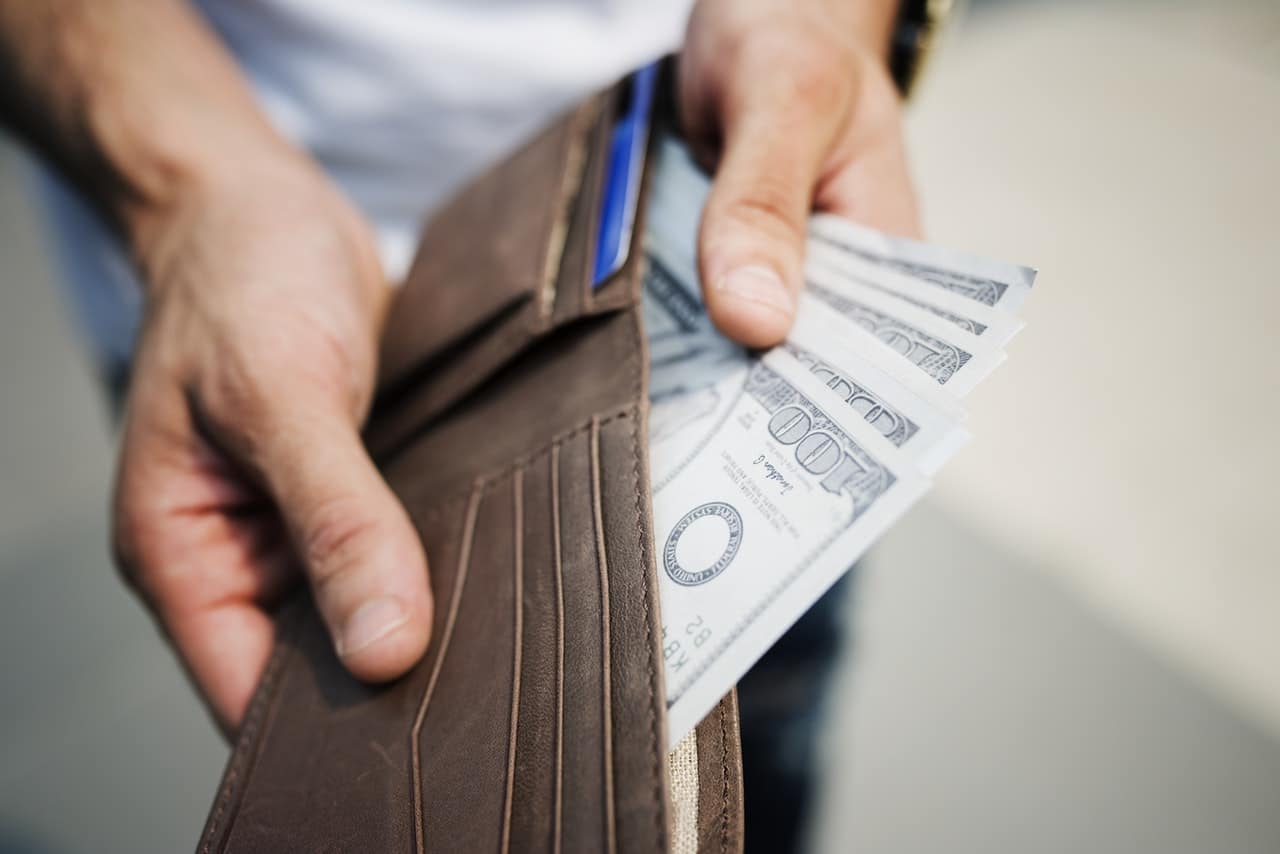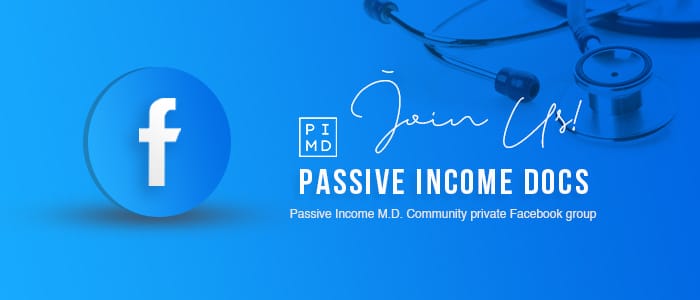
The Two Most Important Words in Personal Finance
This post may contain links from our sponsors. We provide you with accurate, reliable information. Learn more about how we make money and select our advertising partners.
When it comes to personal finance blogs, you'll see words like debt, budget, net worth, income, expenses, and taxes play prominent roles in articles. However, I believe that the two most important words are simply “cash” and “flow” or together… cash flow.
After all, isn’t that what our daily struggles amount to? Figuring out how to increase or maintain cash flow and then learning how to manage it well? When it comes down to it, cash flow is at the heart of personal finance–for better or worse.
What is Cash Flow?
Cash flow refers to the amount of money “flowing” through your personal finances. Cash comes into your life, and cash goes out when paid to cover expenses. Whatever’s left over is net cash flow.
Net cash flow can be positive, meaning you have extra after expenses, or it can be negative, meaning that your expenses are greater than your income and usually indicative of accumulating debt.
Here’s a simple diagram of what cash flow means to me. Cash goes through the Expenses machine and what’s left over becomes Cash Out.

At the end of the day, a full understanding of your cash flow can be immensely helpful in gaining control of your finances. Our goal should be to maximize the cash that’s left over after expenses. How? Well, we can either increase the Cash In (Income), and/or decrease what gets eaten by the Expenses Machine (Expenses). In other words, we have to make more and/or spend less. That’s what it takes to increase positive cash flow.
The last thing we want to do is put ourselves in a negative cash flow situation. Unfortunately, many Americans haven’t quite figured this out. Because of this, many find themselves in serious debt problems.
Achieving Positive Cash Flow
Alright, so we know that positive cash flow is good. I also mentioned that to achieve this, we need to increase the in-flow and decrease the out-flow. So how do we do this? Well, here are some options:
Increasing Cash In-Flow
- Make more at your current job by getting a raise, or find a higher-paying job, perhaps negotiate better
- Use Side Hustles to increase your income
- Create passive income sources that provide additional cash flow on a regular basis
How Do We Decrease Expenses?
- Decrease debt, like pay off or refinance loans and other obligations
- Simply spend less on luxury items
- Cut back on recurring expenses like unnecessary and unused subscriptions and memberships
10 Things You Should Know About Cash Flow
Cash Flow Helps You Determine How You Live Your Life
Having a good amount of cash flow coming in allows you to make some life choices. Do you want to buy a car, a home, or make an investment? Do you need to continue working to the limit or can you retire early or gradually?
Cash Flow Puts Food on the Table
It’s what allows you to buy basic human necessities and provide for your family. As I write this, we’re in the midst of a government shutdown and some workers are not getting paid. Unfortunately, they’re not getting any cash flow in, and many are struggling to live even paycheck to paycheck. Even many doctors find themselves in that same situation.
Cash Flow Allows You to Invest
Have you ever heard the saying that “the rich get richer?” They do it by paying themselves first. This means that they put aside a portion of what they make to invest. Having positive cash flow allows you to do this, fund your lifestyle, invest for the future and retirement, and still live your life. If you had an extra $25,000 of cash flow, you might have these options to invest.
Cash Flow Allows You to Retire Early or Retire Gradually
I alluded to it above, but if you have a steady passive income source of cash flow apart from your primary job, you can choose whether to work and how much. That’s always been my goal in medicine: to create enough income outside of it to continue to practice for the passion.
Steady Cash Flow Does Well in an Economic Downturn and Keeps the Lights On
In the last few months, we’ve seen some of the wildest stock market swings in history. People’s net worths were cut and brought back in a matter of days. Some people panicked. However, steady cash flow investments don’t have the same type of volatility, and it’s something you can reliably bank on to carry you through.
Cash Flow Allows You to Take out a Loan
When trying to get a loan, like for a home, the bank tries to assess how much cash flow you have at the end of the day. Essentially, they want to know how likely you are to repay the loan. The more cash flow you have, the better chance you have to get approved.
Cash Flow Allows You to Give
If you have nothing left at the end of the day after expenses, you have nothing left to give. It’s been an important priority for our family because we feel that giving is part of our way of saying thank you for the blessings we’ve been given. But if you’re sitting there with a negative cash flow, you just don't have the capacity to give to others.
Retirement Funds Are All About Cash Flow
All of the savings everyone does for retirement, whether it’s through 401ks, Roth IRAs, etc., is to create a nest egg that you can draw from (and becomes cash flow) to fund your lifestyle in retirement. The 4% rule was created to tell you how much cash flow you can have in retirement according to the size of your portfolio. Understanding your cash flow is vital to making sure you have enough to sustain yourself for the later years.
Cash Flow Is More Important Than Net Worth
Net worth is a great indicator of how well you’re doing with your assets and accumulating wealth. However, without cash flow, you can easily lose these assets. For example, if I don’t have enough cash flow to pay the mortgage on my rental properties, surely the bank will seize the asset.
Cash Flow Allows You to Take Risks
Knowing that you have a surplus of cash flow from steady sources allows you to take some risks in life that you might not take. I’m not just referring to investments, but also life decisions, about where to live, what opportunities to pursue, etc. The cash flow provides a kind of safety net in situations like these.
Conclusion
Do you know exactly how much cash flow you have each month? It helps to utilize an online budget or finance management tool like Personal Capital, Mint, or YNAB. Understanding your monthly amount is the first step to managing and controlling your cash effectively.
Many people make similar amounts of money, but it’s how they control cash flow that will dictate what kind of life and future they’ll have. I focus heavily on creating more cash flow through multiple streams of income and through passive investments. The goal is to create more cash flow that is less dependent on the time I put in. That is how you create a life of financial freedom.
So take some time to think about your cash flow situation and how you can better improve it. What can increase your CASH IN and decrease your EXPENSES?

Disclaimer: The topic presented in this article is provided as general information and for educational purposes. It is not a substitute for professional advice. Accordingly, before taking action, consult with your team of professionals.

